Fig leaf tea - a great drink that you can prepare right now and have available until the end of winter.
However, many people don't know the benefits of fig leaf tea and how it affects our overall health. In this article of "Biopedia", we will reveal all the secrets and benefits of this seemingly simple ingredient that with unsuspected effects for any organism.
Fig leaf tea and its benefits
The US National Library of Medicine has an article that discusses a study in 1998. Ten people with type 1 diabetes drank fig leaf tea with their breakfast every morning and it reduced their insulin needs by 12%.
Animal studies showed improvements in total cholesterol, HDL (good) cholesterol and lower triglycerides.
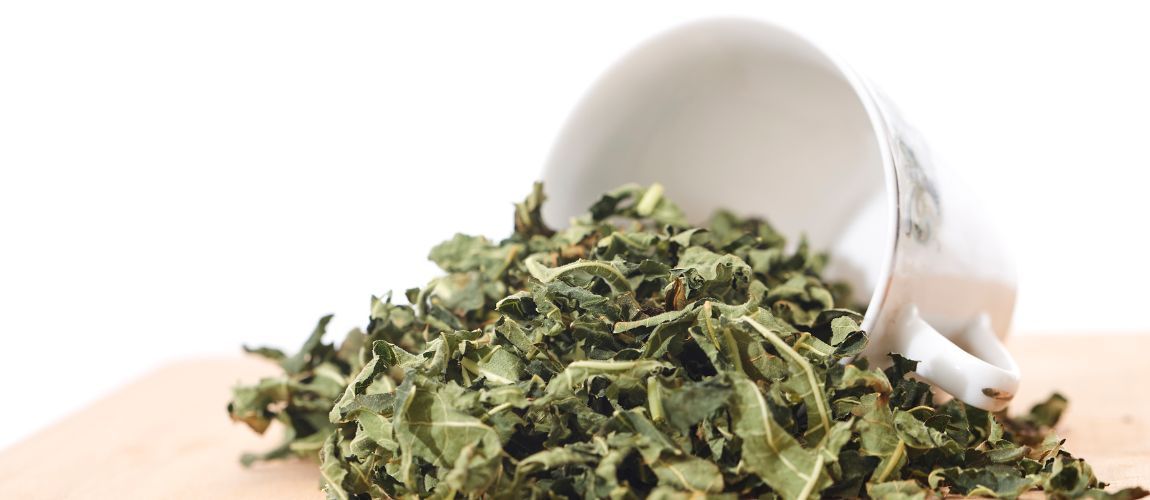
In ancient times, fig leaf tea was drunk to treat bronchitis and other lung diseases. It has been known to help with dry coughs and reduce the severity of asthma.
Fig leaf tea can help increase bone density.
It has also been shown to lower high blood pressure.
It may even be beneficial in the fight against cancer. Studies have been conducted that show it helps fight breast cancer, cervical cancer, colon cancer and liver cancer cells.
Research specifically points to an extract from the leaves of Ficus carica having both a chemopreventive and therapeutic role in early-stage breast cancer.
How to make fig leaf tea
Harvesting fig leaves Don't worry if you haven't planted a fig tree yet. These small trees are widespread. The leaves, on account of the fruit, are not considered of high value. Particularly if you live in the Pazardjik-Plovdiv and Sandanski-Petrichko regions, as well as along the southern Black Sea coast.
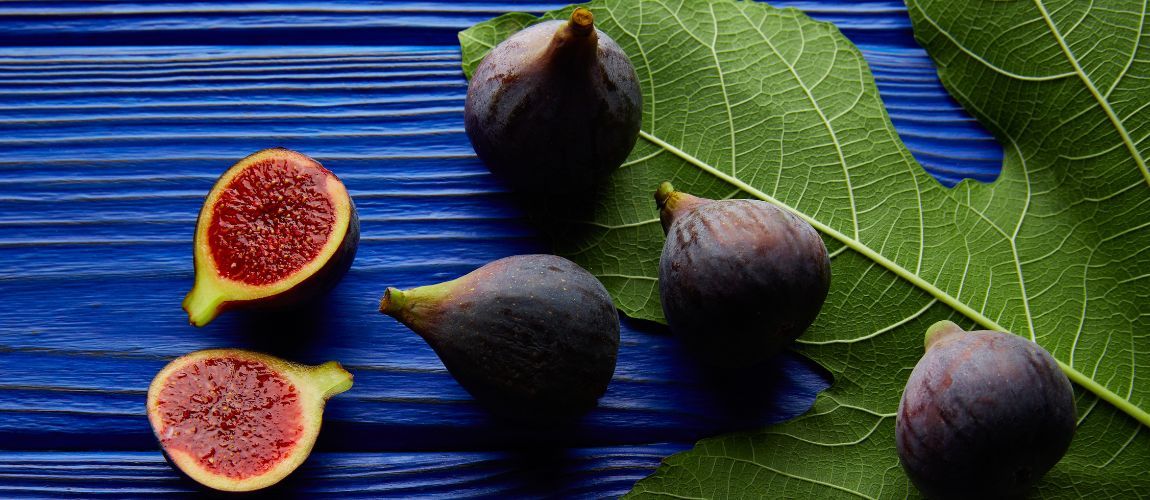
When picking fig leaves, it is advisable to wear gloves because you may be allergic to the white juice that oozes out after picking the leaves or any unripe fruit. This juice can cause rashes and itching, so be careful.
Pick the leaves when they are still green. It is for this reason that we, at Biopedia, recommend stocking up on fresh leaves and proceeding to the point of dehydration.
Dehydrating the leaves
Wash the leaves three times, saving the water from the wash for watering flowers in the home or garden.
If you have a solar food dehydrator, fig leaves are ideal for drying in it. If you don't have this kind of equipment, leave the leaves in the oven at about 90°C for 30 minutes. When you take them out they should have become crisp

Then crush the dried leaves with your hands, heat a cup of water and put a tablespoon of the dried leaf pieces. All that is left to do is enjoy the finished fig leaf tea.
Fig leaf tea for high blood pressure
Fig leaf tea will improve your blood pressure and blood fat levels, dramatically reducing your risk of heart disease.
Studies have found that fig leaf extract reduces blood pressure in animals with normal levels as well as those with elevated blood pressure.
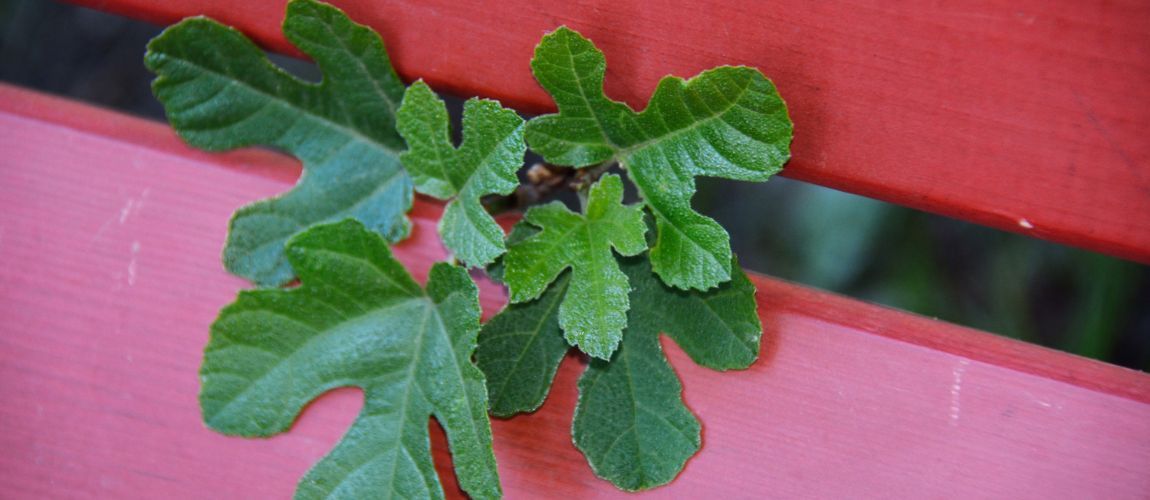
Other studies have also shown an improvement in total cholesterol, HDL (good) cholesterol and triglyceride levels with fig leaf extract intake.
However, in a 5-week study of 83 people with high LDL (bad) cholesterol, researchers noted that those who added about 120 grams of dried fig leaves daily to their diet experienced no changes in their blood fat levels compared to the control group.
More human studies are needed to better understand the relationship between fig leaves and heart health.
Fig leaf tea for weight loss?
The fiber in fig leaves may help people lose weight.
This is because these fibers keep us fuller for longer because they are harder to break down. However, it is important to note that most fruits are rich in fiber and fig leaves are not anything special.
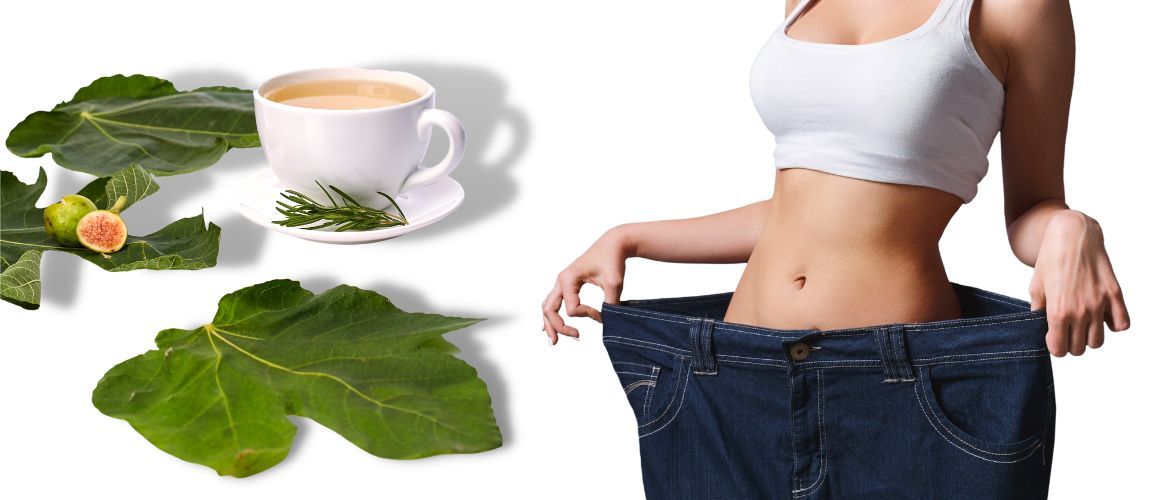
You shouldn't expect things that sound too good to be true. The fiber content is definitely a plus, but don't count on it if you want to lose weight. Rely on proper nutrition and exercise.
Side effects of consuming fig leaf tea
Consuming fig leaf tea has some potential drawbacks. For example, they are sometimes used as a home remedy for constipation and can cause diarrhea or other digestive problems if taken in larger quantities.

Fig leaves are quite rich in vitamin K(potassium), which can interfere with blood-thinning medications and cause them to be less effective.
If you are taking blood-thinning medications, you should avoid or at least maintain a steady daily consumption of figs and other vitamin K-rich foods to reduce the risk of complications.

And as a final note, some people may be allergic to fig leaves. If you have an allergy to birch pollen, you may be more likely to have an allergy to them as well.
Those were some of the most important details about fig leaves. We hope you enjoyed the article and try making yourself a cup of fig leaf tea.

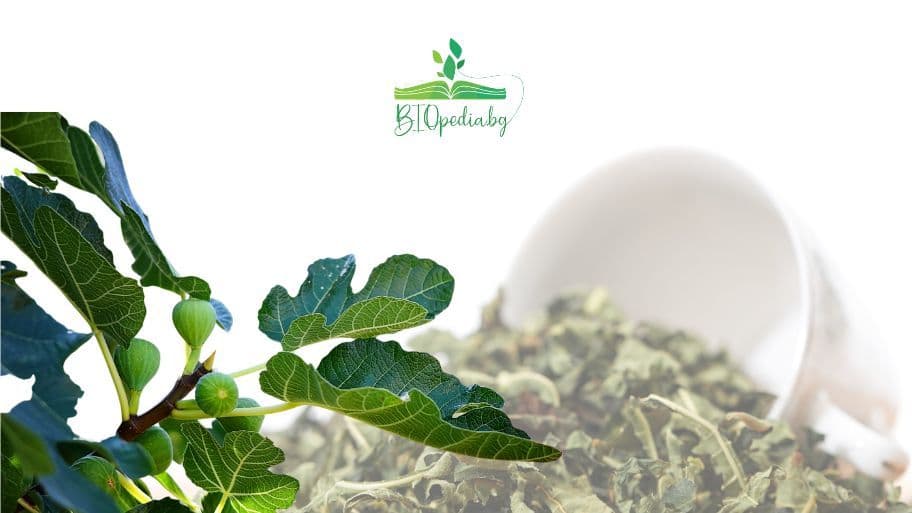


Comments